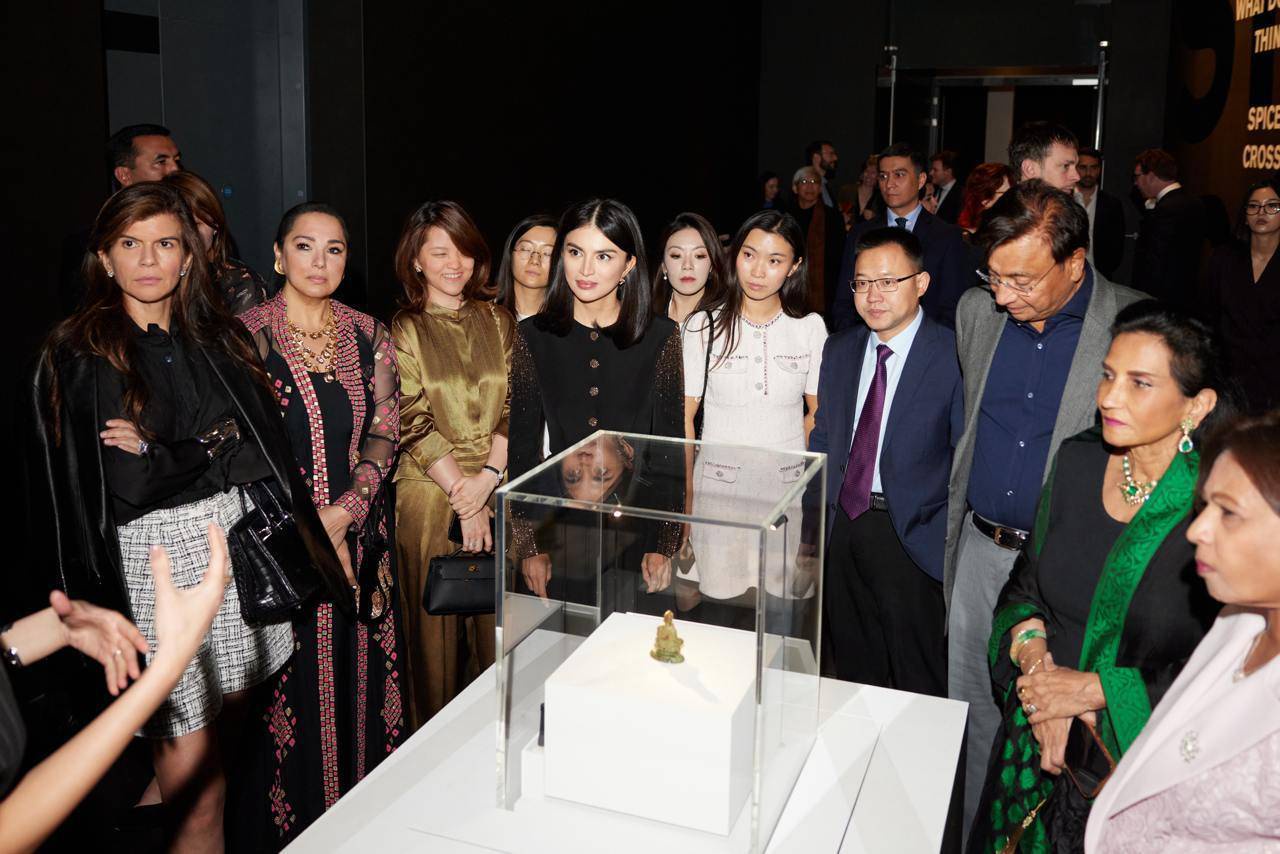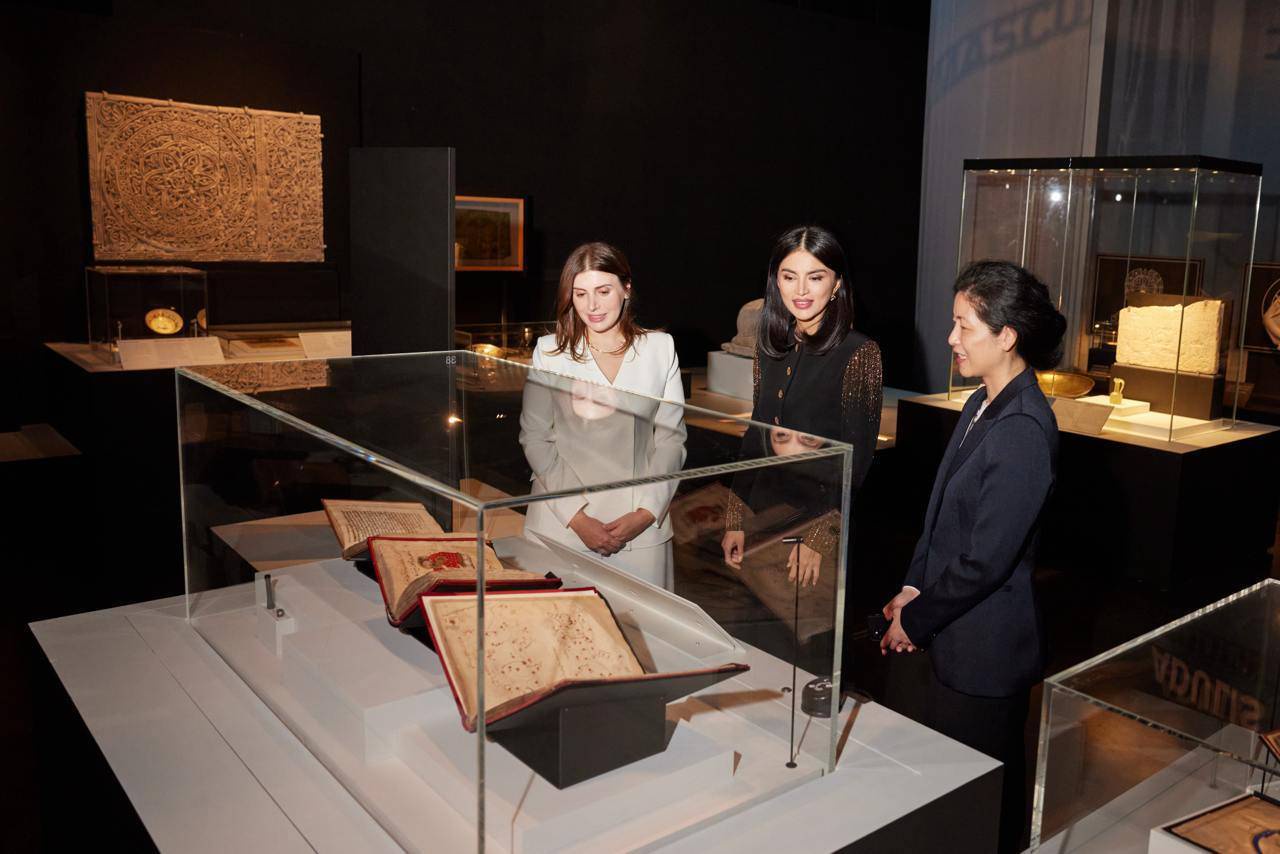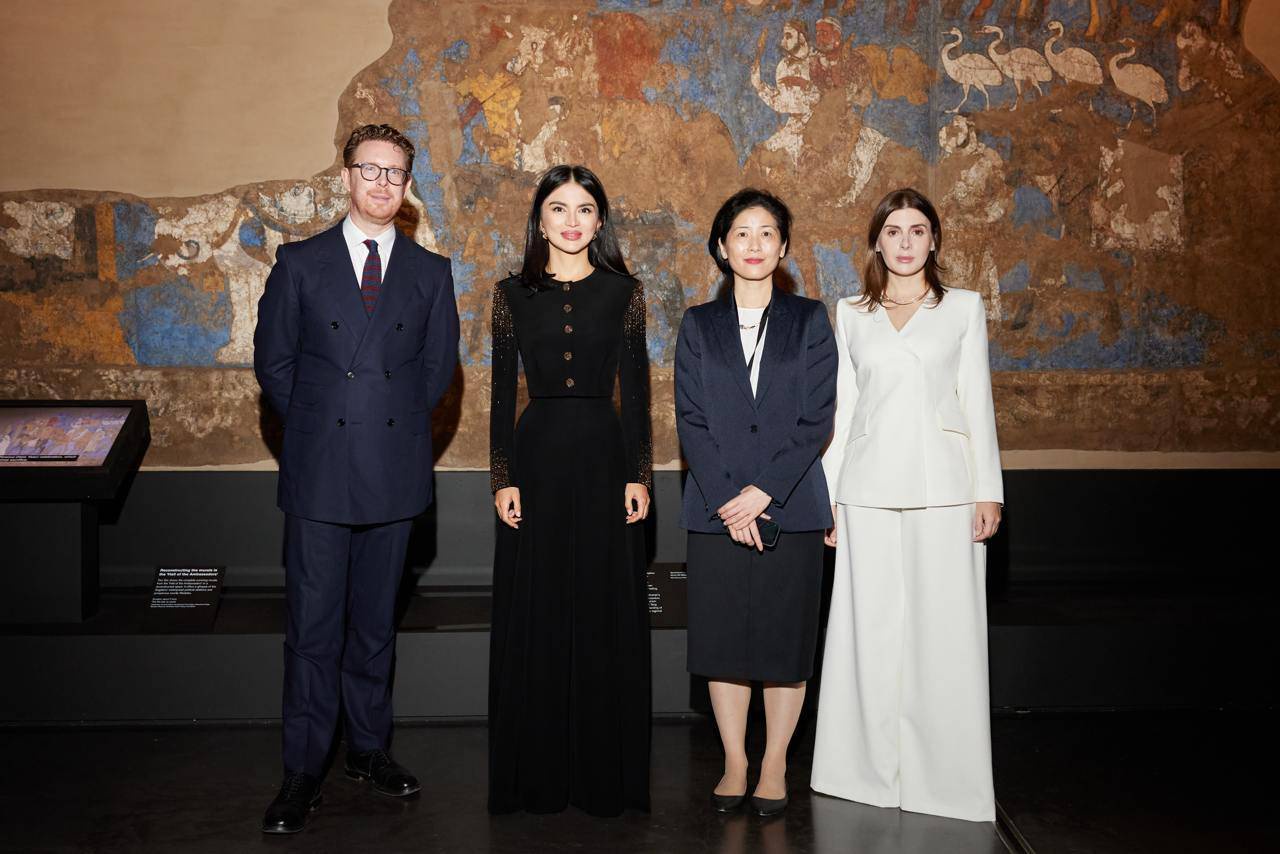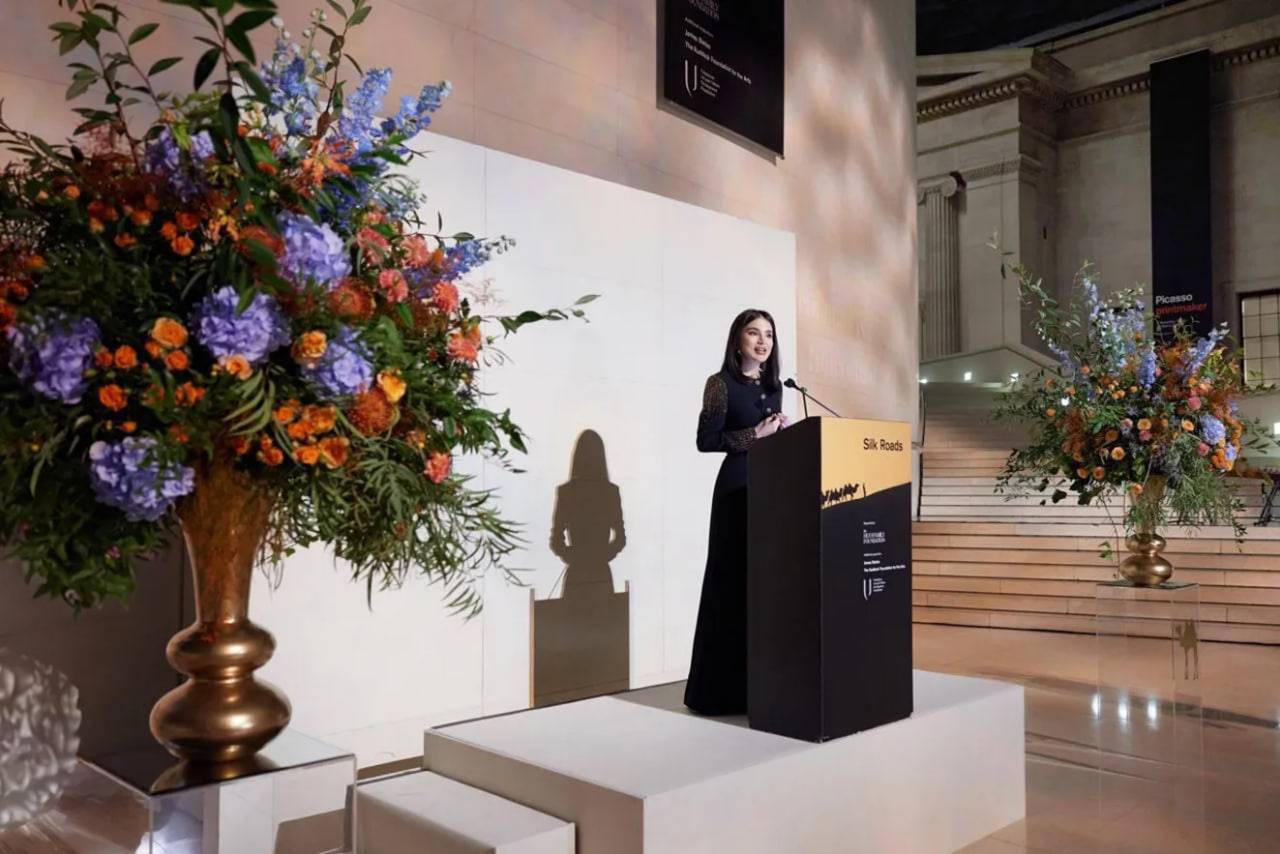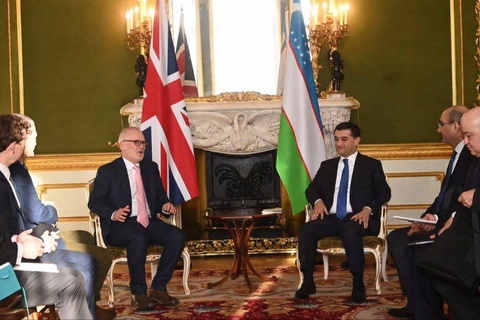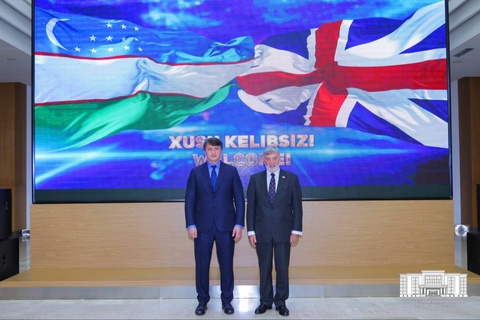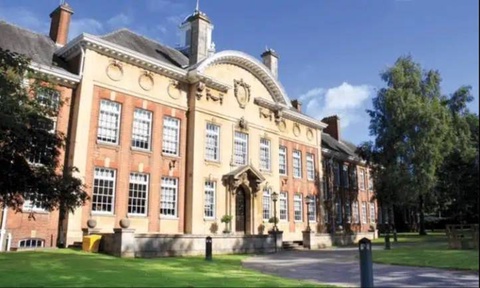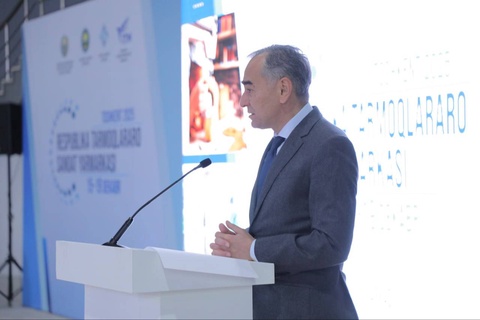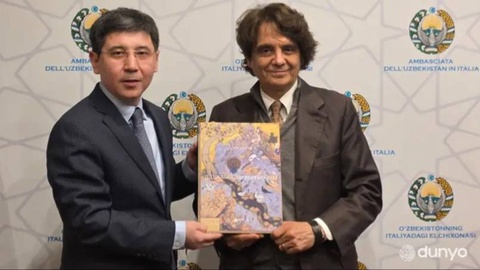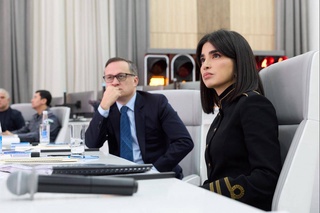The British Museum is one of the oldest, largest and most visited museums in the world. It was founded in 1753 by the royal physician and art collector Hans Sloan, who bequeathed his collection to the state. There are 94 galleries in the museum with a total length of 4 kilometers. Today, the British Museum is the world's largest historical and archaeological museum with the richest collections of the ancient world. 5.5-6 million people visit it annually.
The event was attended by representatives of British scientific and academic circles and the foreign diplomatic corps, as well as citizens of Uzbekistan living in this country, the Dunyo news agency reports.
14 unique exhibits from Uzbekistan presented at the exhibition reflect the rich cultural heritage of our country and its important place in the history of the Silk Road. These are the most unique exhibits from the museum collections of the republic. Among them are the wall paintings of Afrasiab and Varakhshi, the burnt wooden doors of the Kafir fortress and other artifacts of the Sogdian period.
During the dialogues within the framework of the event, issues of popularization by the British Museum of Culture of Uzbekistan, as well as the establishment of cooperation between the museums of the two countries were discussed.
The management of the British Museum noted that it is interested in further development and expansion of comprehensive cooperation with our country.
During the presentation, the participants were familiarized in detail with the large-scale reforms being implemented in the republic, as well as the current state and prospects of cooperation between Uzbekistan and the United Kingdom.
The guests were also informed about the efforts of the country's leadership in the fields of culture and art development, research and preservation of the scientific, creative, historical and archaeological heritage of our ancestors.
The presentation of the exhibition aroused great interest among the participants. This is evidenced by the active participation of foreign guests in scientific discussions held after the official event.
The exhibition will be open to visitors from September 26, 2024 to February 23, 2025.


